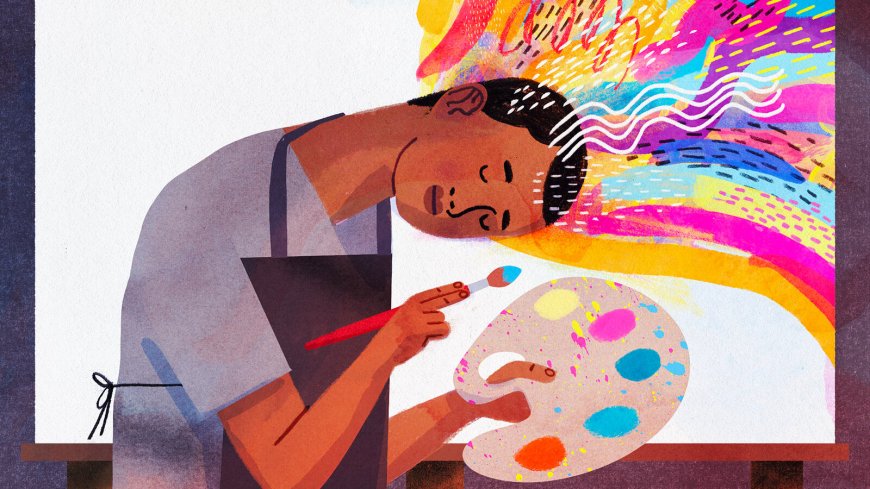The Healing Power of Expression: Why Art Therapy Matters
Art therapy utilizes creative techniques to promote emotional healing and enhance mental well-being, providing a unique outlet for self-expression. It benefits individuals who struggle with verbal communication, especially children and trauma survivors. Through art, individuals can boost self-awareness, develop coping skills, and improve communication with therapists. It's versatile, suitable for various ages and conditions, and has been shown to reduce symptoms of anxiety, depression, and PTSD. Overall, art therapy fosters self-discovery, emotional expression, and healing in a supportive environment, guided by qualified therapists.

Art therapy is a powerful and proven method to enhance mental well-being that utilizes creative techniques to promote emotional healing. Unlike traditional forms of talk therapy that rely solely on verbal communication, art therapy provides a unique outlet for self-expression, especially for those who may struggle to articulate their feelings through words. This is why art therapy is an essential tool in the mental health toolkit.
Expressing the Unspoken:
Many people struggle to express their emotions in words. This is where art therapy can be helpful as it provides a safe environment to express oneself through colors, shapes, and textures without the limitations of language. Art therapy is particularly beneficial for children and individuals who have experienced trauma, as they may find it difficult to communicate verbally.
Boosting Self-Awareness:
Creating art is often seen as a reflective process. By engaging in the creative process, people can gain insights into their thoughts, feelings, and motivations. Analyzing the artwork, both during and after creation, can reveal hidden aspects of the self.
Building Coping Skills:
Therapy is a valuable tool for managing difficult emotions such as stress, anxiety, and depression. It offers a healthy outlet for processing these emotions, which is essential for maintaining good mental health. On the other hand, gardening or growing something beautiful can be a calming and fulfilling activity. It can give you a sense of accomplishment and help build resilience to face challenges. Both therapy and gardening can help improve your overall well-being and quality of life.
Improved Communication:
Art therapy is a form of treatment that utilizes creative expression to establish communication between the therapist and the client. Unlike traditional talk therapy, art therapy allows clients to express themselves through art, which offers a unique opportunity for deeper understanding and self-exploration. With the help of a trained therapist, clients can use art to process emotions, gain insight, and develop effective coping strategies. This approach can be especially helpful for individuals who struggle to put their feelings into words or who have experienced trauma. By tailoring treatment plans based on the client's artwork, therapists can provide more personalized and effective care.
Benefits Across Ages and Conditions:
Art therapy is a versatile tool that can be used for a wide range of individuals, from children with behavioral issues to adults dealing with chronic illness or mental health conditions. Studies have shown that it can have beneficial effects in reducing symptoms of anxiety, depression, and PTSD, while also subtly enhancing cognitive function.
Art therapy is no longer just about creating a masterpiece. Rather, it's about the journey of self-discovery and emotional expression in a safe and supportive environment. A qualified art therapist can guide you through the process using methods like drawing, painting, sculpting, and collage. Contrary to popular belief, there's no pressure to be "good" at art. If you're looking for a unique and effective way to enhance your mental health, consider exploring art therapy. You may be surprised by the healing power of unleashing your creativity.














































